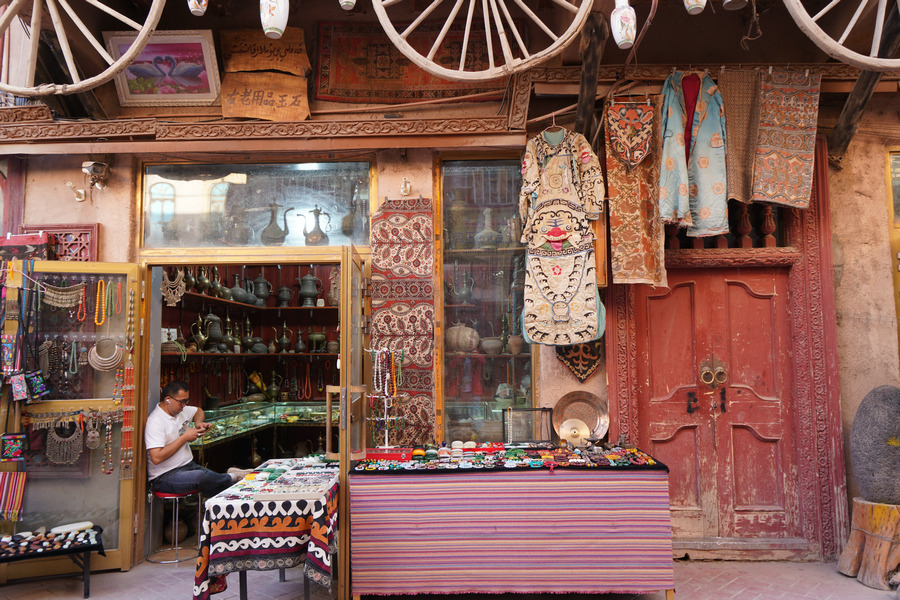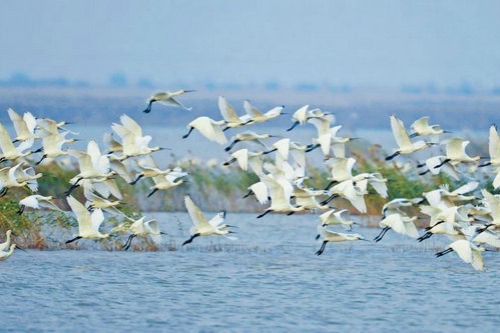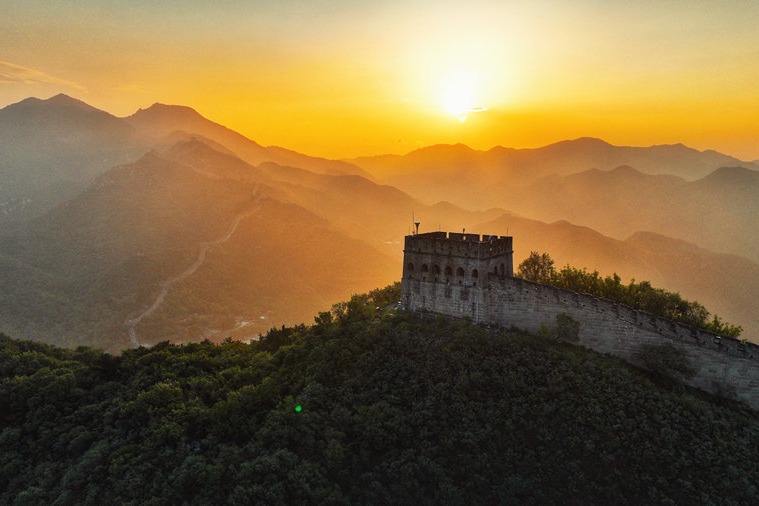Camping offers an alternative to famed East African safari tours

Easy access
Despite being located in a very remote corner of the Kenyan coast, the camp is easily accessible to tourists, who can take one of the several flights a day from Nairobi to the nearest town, Lamu, from where a quick speedboat or relaxing dhow cruise will transport them to the island camp.
For visitors who want to enjoy Kenya's magnificent wildlife sightings without necessarily hoping for a safari tour, the Amboseli Bush Camp, located next to Kenya's Amboseli National Park, is an ideal camping site.
The camp sits on a 300-acre property overlooking busy animal waterholes with fantastic views that include huge herds of elephants and surrounding park areas. The Amboseli national park, next to the camping site, is big, covering, 3000 square kilometers in Kenya and across the border in Tanzania.
The Amboseli bush camp has classic and comfortable safari tents, which have verandas, sitting areas and terraces with a cozy atmosphere. From these tents, visitors can relax while taking in splendid views of animals visiting the many watering holes dotting the main park.
Other activities that campers at this site can immerse themselves in include game viewing, especially of herds of elephants, walking night safaris, hiking at Mount Kilimanjaro, or bird watching in the park and nature walks in the local village.
The camping site is easily accessible, just a 3-hour drive from Nairobi. With a scheduled flight from Nairobi, visitors can land at the Amboseli National Park airstrip, about a 40-minute drive from the camp. For a complete camping experience, guests are advised to bring their own food, the campsite has a spacious outdoor kitchen where campers can prepare their meals.
In as much as camping can be a fulfilling experience, visitors who travel to Kenya for camping activities should prepare in order to have a convenient and wholesome experience. Most camping activities require a tent, sleeping bag, and sleeping pad for comfortable camping. These items are available at most camping sites in Kenya, but it is important to confirm whether one needs to carry their own where the camping sites are remote.
Camping lovers should also bring appropriate clothing for the climate, including rain gear, warm layers, and comfortable shoes or boots. It is also advisable to have a headlamp or flashlight with extra batteries, as well as lanterns for lighting at night.
For safety purposes, campers should bring a basic first aid kit with essentials like bandages, antiseptic, and pain relievers. A map and compass or GPS device are also essential for campers who prefer nature walks or unguided tours. Indoor games, books, or other forms of entertainment at the campsite will also be welcome equipment.
Since most camping sites are located deep in the bush, away from human settlements, it is vital to carry toiletries like toothbrushes, toothpaste and toilet paper. Sunscreen, hats and sunglasses are also advisable.
While visiting Kenya for camping activities, it is important to note that most camping sites in the country can be broadly categorized into two groups, public and special camping sites. Most public camping sites in Kenya are easily accessible and cost as little as $10 per tent. Camping inside Kenya's public national parks and reserves costs between $15 to $50 per person per night.
Public camping sites are shared with other campers, and one is likely to meet other tourists with similar interests. Most public campsites do not require advanced booking, and basic camping facilities are provided in most of the sites, including water, toilet and bathroom, as well as kitchens or open huts.
For special or private campsites, visitors are able to access facilities or spaces that are exclusive for use by the client alone. Most bookings for special campsites are made in advance, and visitors who want to access special campsites in Kenya's national parks can make their bookings through the Kenya Wildlife Service. Some of the special or private campsites may offer limited camping facilities, and visitors are advised to confirm with their hosts what essential materials they need to bring along.
While camping is a more adventurous yet less costly alternative to traditional safari tours, it is prudent to keep in mind that it has its challenges. Camping can be intimidating, especially if you have never done it before, and even the simple task of setting up a tent for the first time could have you sweating. It also requires more work than just showing up at a lodge and being driven around and fed, and prospective travelers should know that it takes preparation and planning.

































